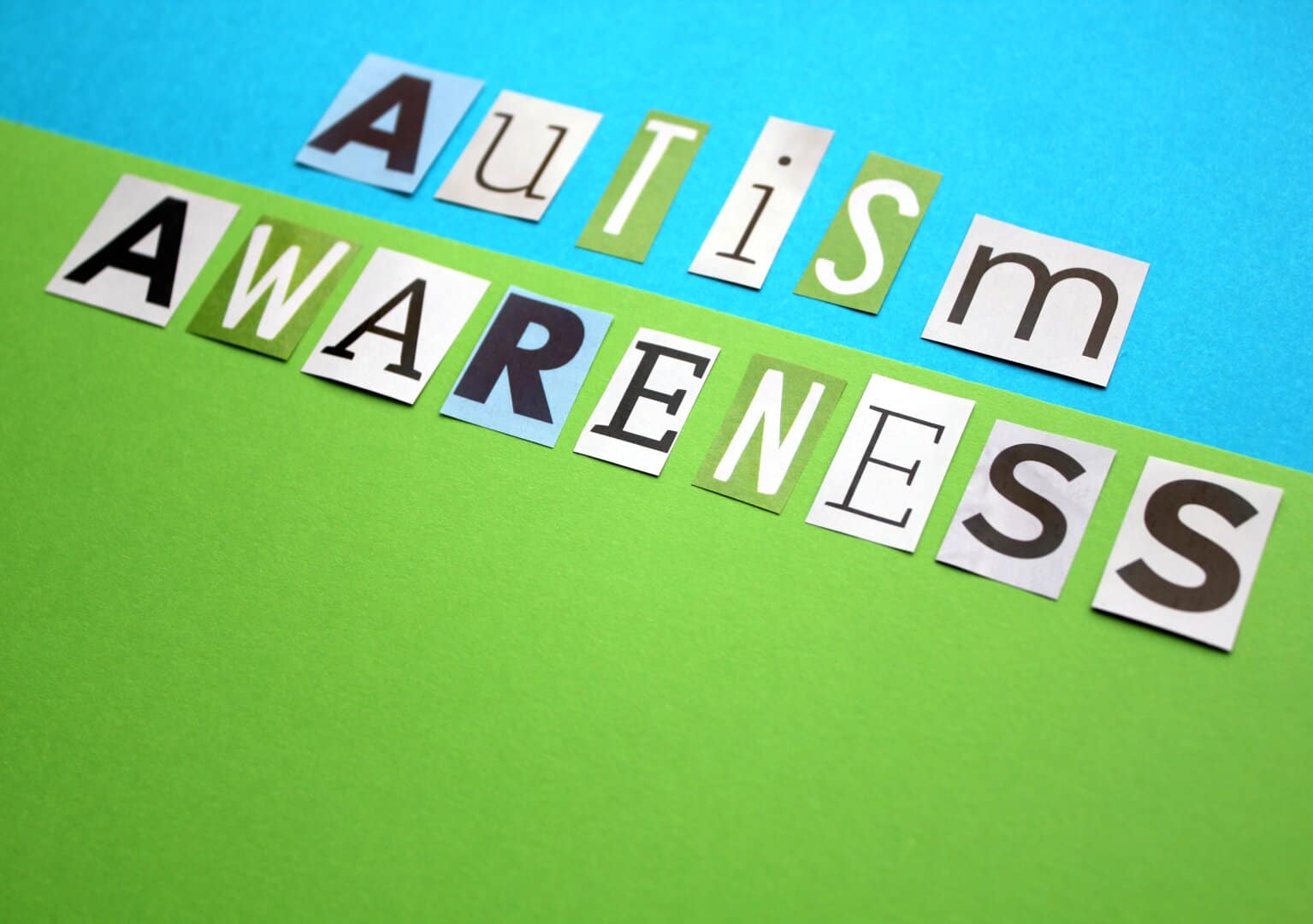Social and emotional skills in autistic children
Social and emotional skills in autistic individuals can manifest differently compared to people without autism spectrum disorders (ASD). Autism is a neurological developmental condition that affects communication, social interactions, and behaviors. Each person with autism is unique, and social and emotional skills can vary widely.
Social skills:
Autistic individuals may experience difficulties in social skills, such as verbal and non-verbal communication, interpreting social cues, and forming interpersonal relationships.
We list some aspects in which autistic people might face challenges:
Interpreting gestures and facial expressions: They may have trouble reading and understanding body language and facial expressions of others.
Eye contact usage: Some autistic individuals may avoid direct eye contact, which can hinder connection with others.
Relationship building: They might have difficulties initiating and maintaining relationships due to challenges in communication and understanding social norms.
Emotional skills:
Emotional skills can also be affected. Autistic people may experience a full range of emotions like anyone else, but the way they process and express them can be different.
Some emotional difficulties autistic people may face include:
Emotional regulation: They might struggle with managing and controlling their emotions, which could lead to episodes of anxiety, frustration, or anger.
Empathy: Although autistic individuals can feel empathy, they may have difficulties expressing or communicating it to others. It is important to keep in mind that a lack of expression does not necessarily mean a lack of empathy.
Identification and expression of emotions: Some autistic people may have difficulties recognizing and labeling their own emotions and those of others, which can result in less efficient emotional communication.
The Importance of Developing Social and Emotional Skills in Autistic Children
Developing social and emotional skills in autistic children is essential for improving their quality of life, well-being, and success in various areas of their lives. These skills enable them to interact with others, build relationships, manage their emotions, and face challenges more effectively. Here are some reasons why it is important to work on these skills:
Social integration: Social and emotional skills help children with autism adapt and integrate into social environments such as school, home, and community. As they learn to communicate and relate to others, they can participate in group activities and form friendships.
Autonomy: Fostering these skills can also enhance the independence and autonomy of children with autism. As they develop confidence in their communication and emotion management abilities, they can tackle everyday situations with greater security and self-efficacy.
Emotional well-being: Properly managing emotions is fundamental for the emotional well-being of anyone, including autistic children. By learning to identify, express, and regulate their emotions, they can cope with stress and challenges in a healthier and more resilient way.
Academic and occupational success: Social and emotional skills are crucial for performance in school and, eventually, in the workplace. The ability to work in a team, communicate effectively, and manage stress are valued skills in both education and employment.
Stigma reduction: By improving their social and emotional skills, autistic children can reduce the stigma and discrimination associated with the disorder. As they demonstrate their ability to interact and build relationships, people around them can begin to understand and appreciate their skills and potential better.
In summary, developing social and emotional skills in autistic children is vital for improving their quality of life and increasing their opportunities in various aspects of life. This includes their emotional well-being, academic and occupational success, as well as their ability to form meaningful relationships and be active, valued members of society.

How to Help Your Autistic Children Develop Social and Emotional Skills
To help children with autism develop social and emotional skills, it is important to provide them with a supportive environment, patience, and support. Here are some strategies and examples that can be helpful in both aspects:
Social skills
Encourage communication: Encourage the child to express themselves, both verbally and non-verbally. You can practice simple conversations, such as greetings and farewells, and give them time to respond.
Example: Engage the child in role-playing games where they practice everyday situations, such as introducing themselves to someone new or asking for help in a store.
Teach how to interpret social cues: Help the child understand body language, facial expressions, and gestures from others. You can use images, videos, or books that show different emotions and social situations.
Example: Show pictures of people with different facial expressions and ask the child how they think the person in the image feels. Then, explain the meaning of the expression.
Provide opportunities for interaction: Organize activities and group games that encourage interaction and teamwork with other children, both autistic and neurotypical.
Example: Take the child to extracurricular activities, such as art classes or sports, where they can interact with other children in a structured and supervised environment.
Emotional skills
Teach emotional regulation strategies: Help the child identify and label their emotions, and provide techniques for managing them, such as deep breathing, counting to ten, or using a calming object.
Example: When the child is angry, teach them to take a moment to breathe deeply and think of something pleasant before reacting.
Foster empathy: Talk to the child about the emotions of others and how their actions can affect other people. You can use stories or movies to illustrate situations where empathy is required.
Example: While reading a story together, pause at key moments to discuss how the characters feel and how they could help each other.
Validate their emotions: Make sure the child knows that their emotions are important and valid. Listen to them and offer emotional support when needed.
Example: If the child feels sad or frustrated, let them know you are there to listen and help, and that it is normal to feel that way at times.
Remember that each child with autism is unique and their needs may vary. Early intervention, therapy, and appropriate support can be essential for improving their social and emotional skills. Additionally, it is crucial for society to develop a greater understanding and acceptance of the differences in communication and social skills of individuals with autism.













